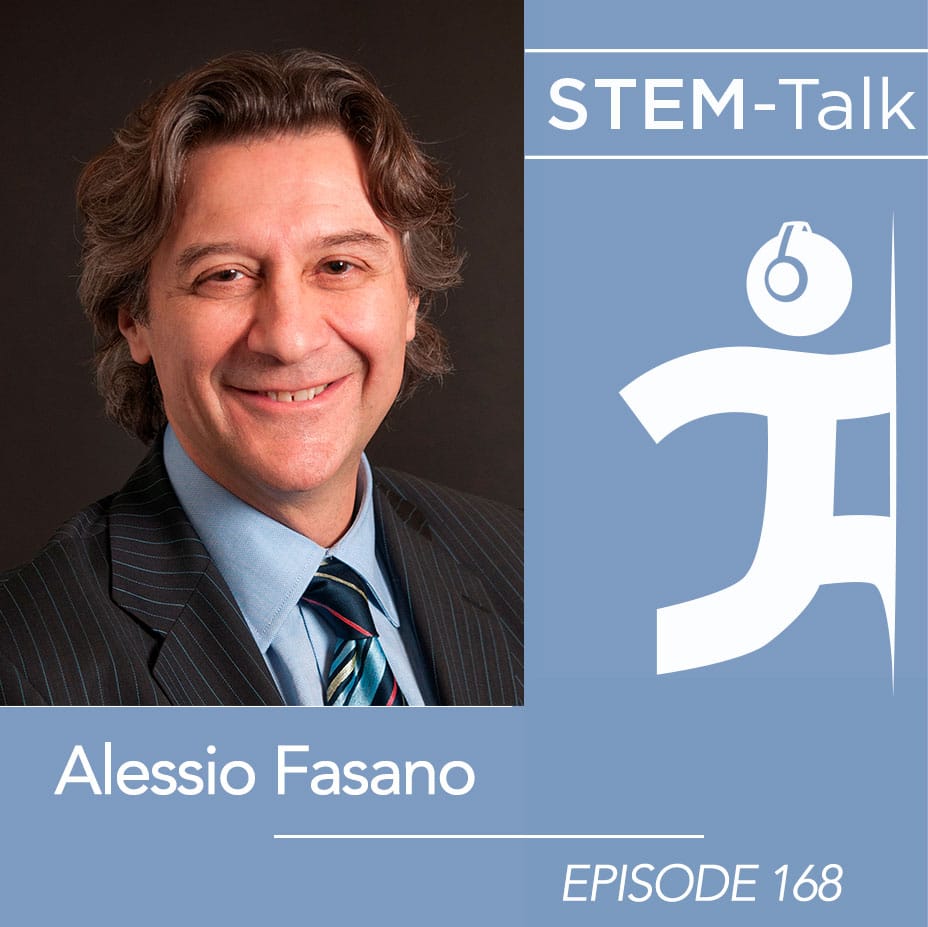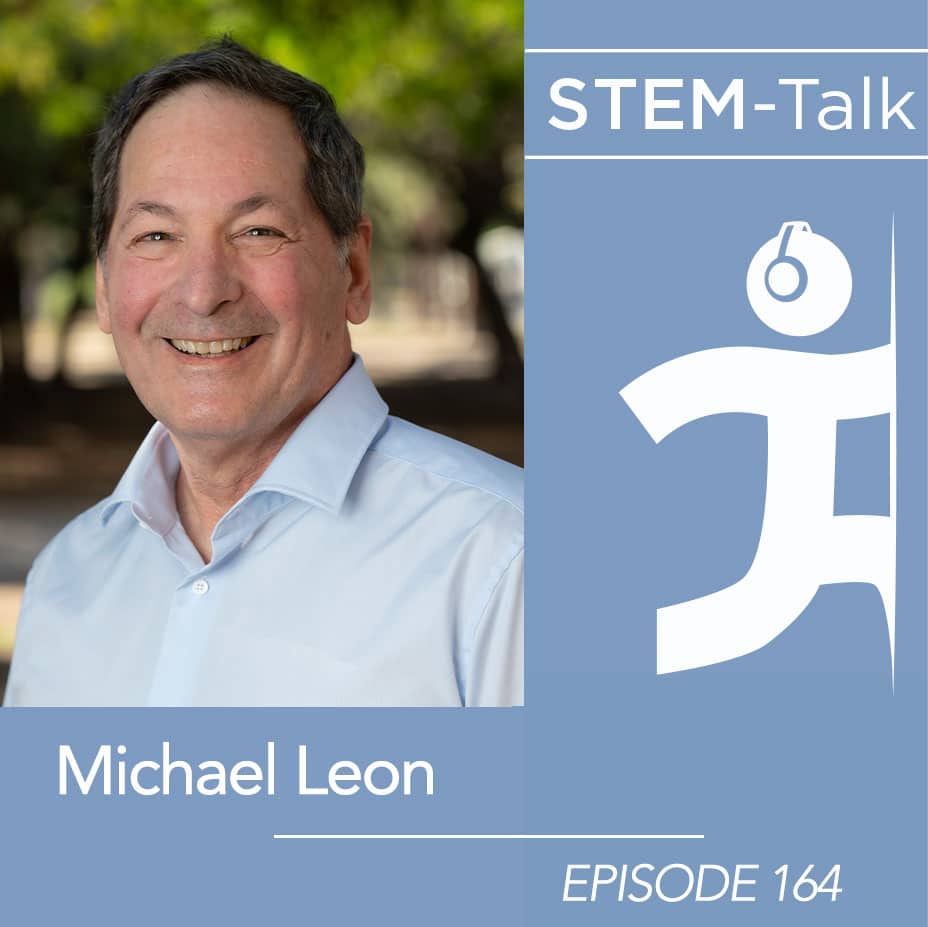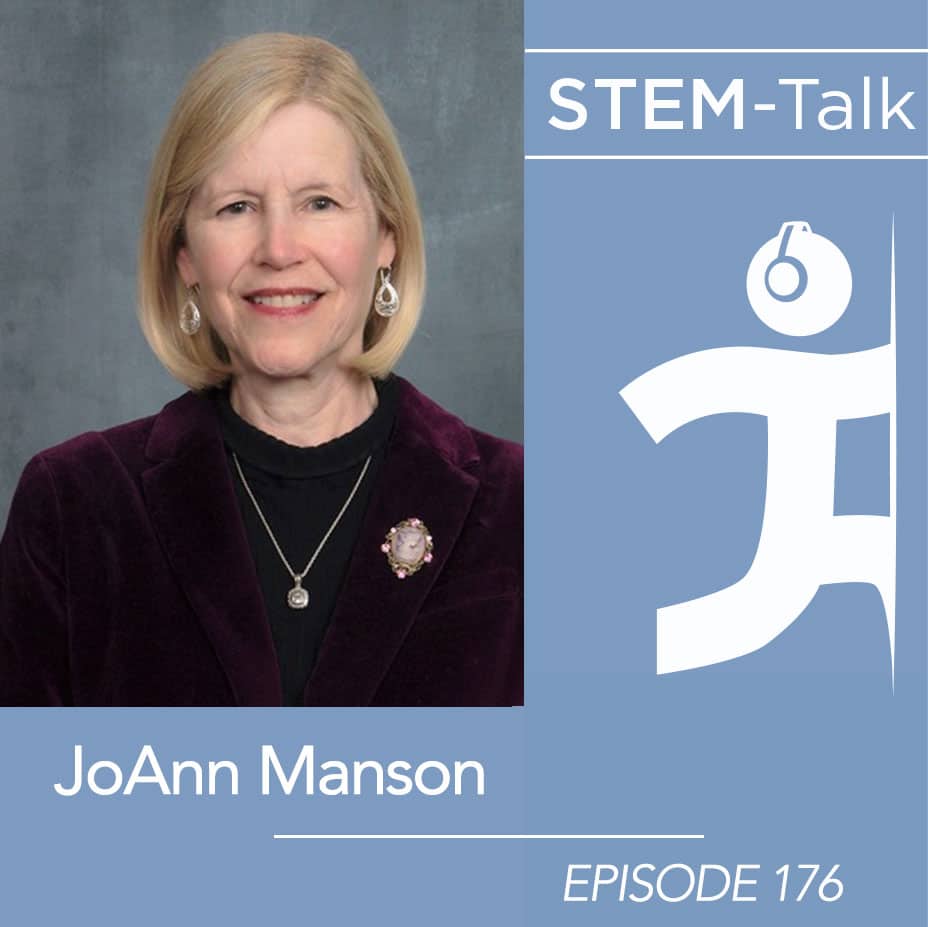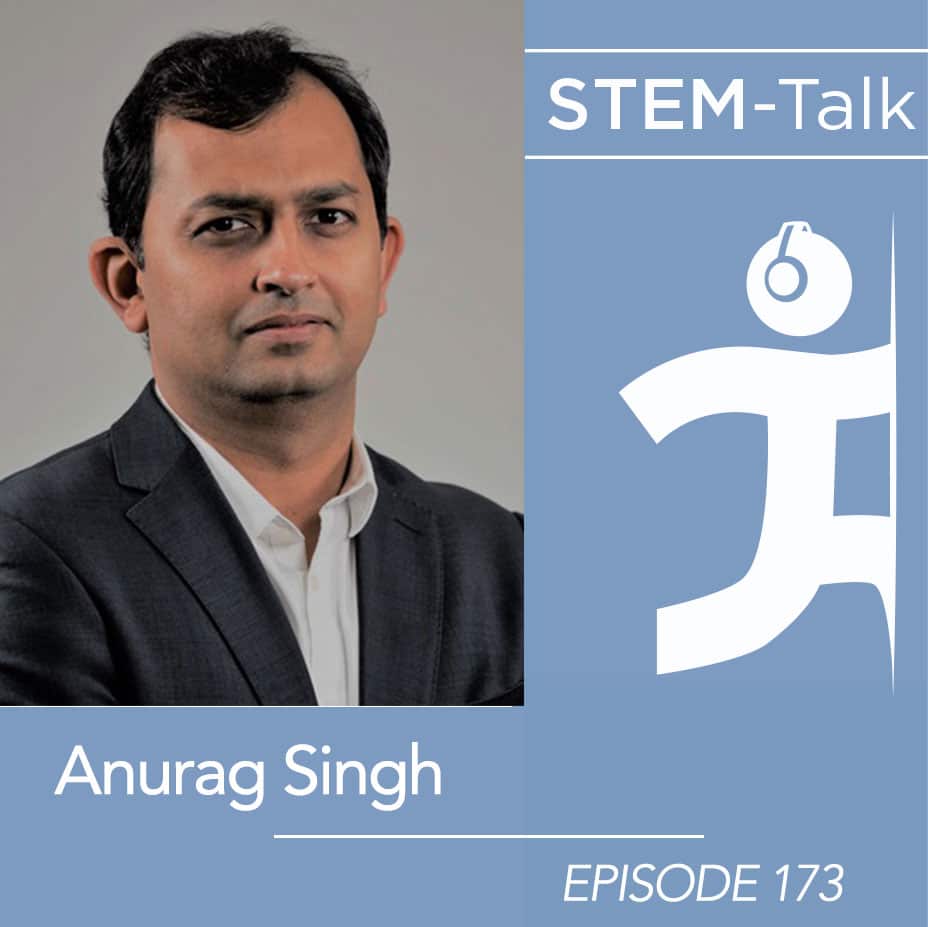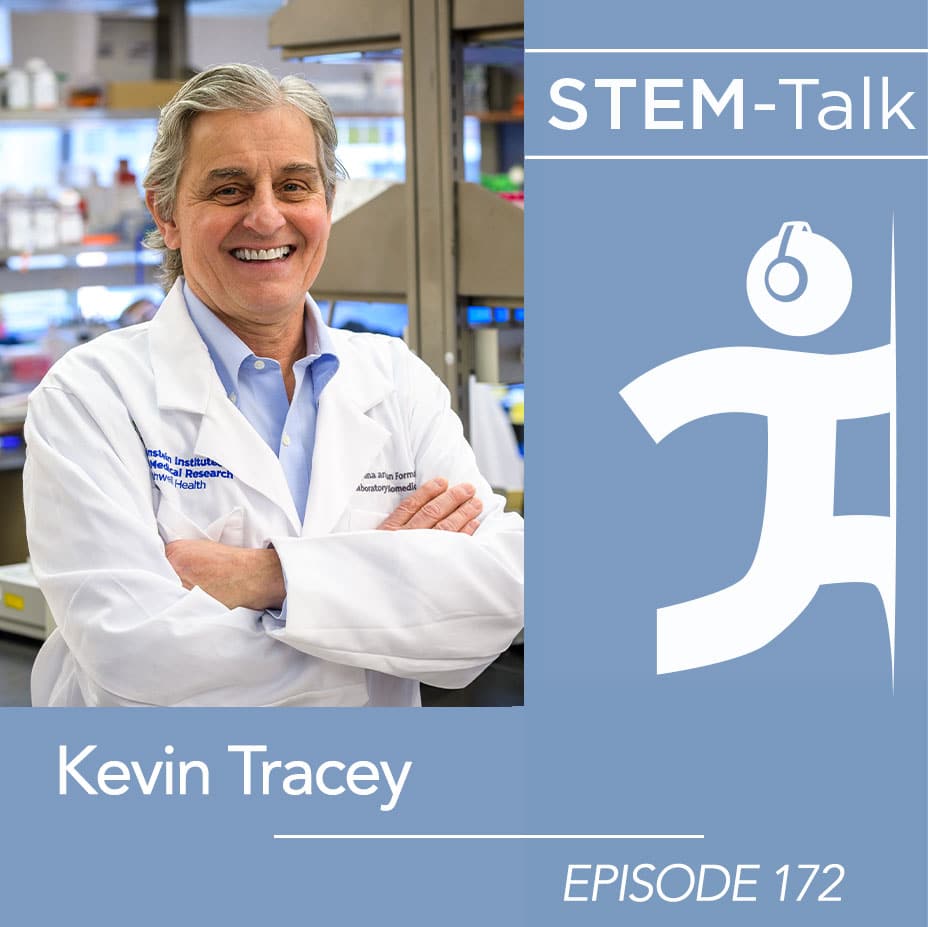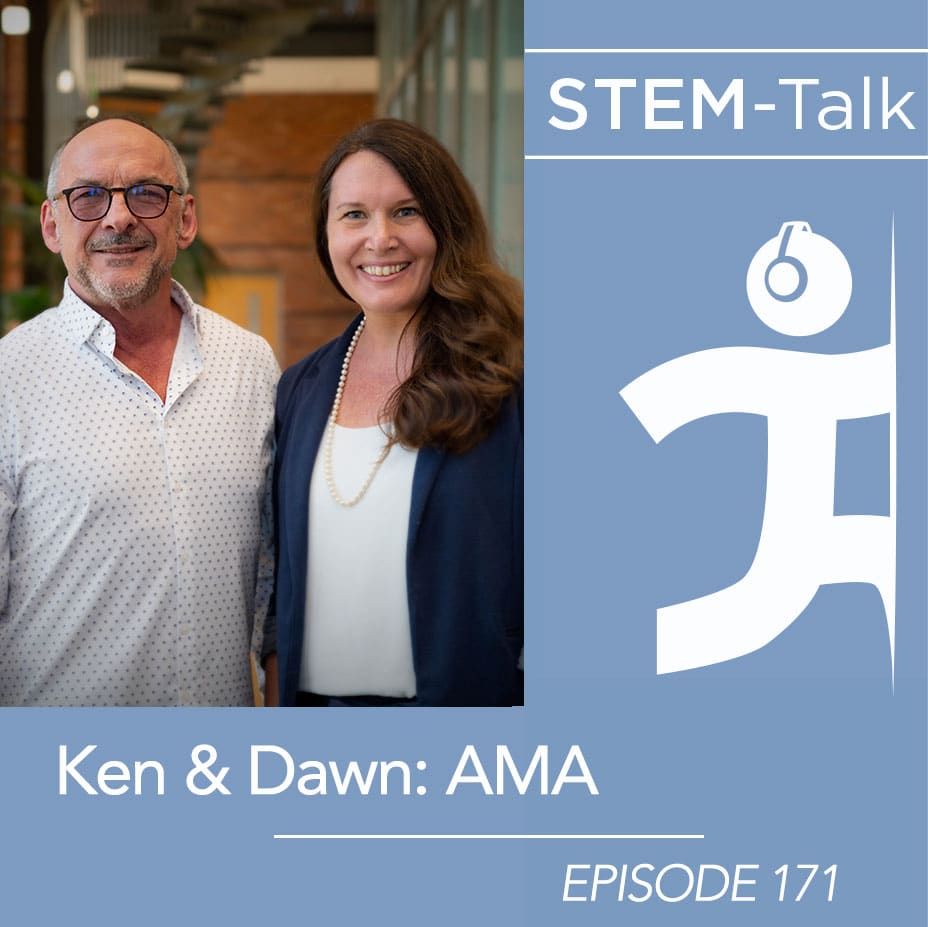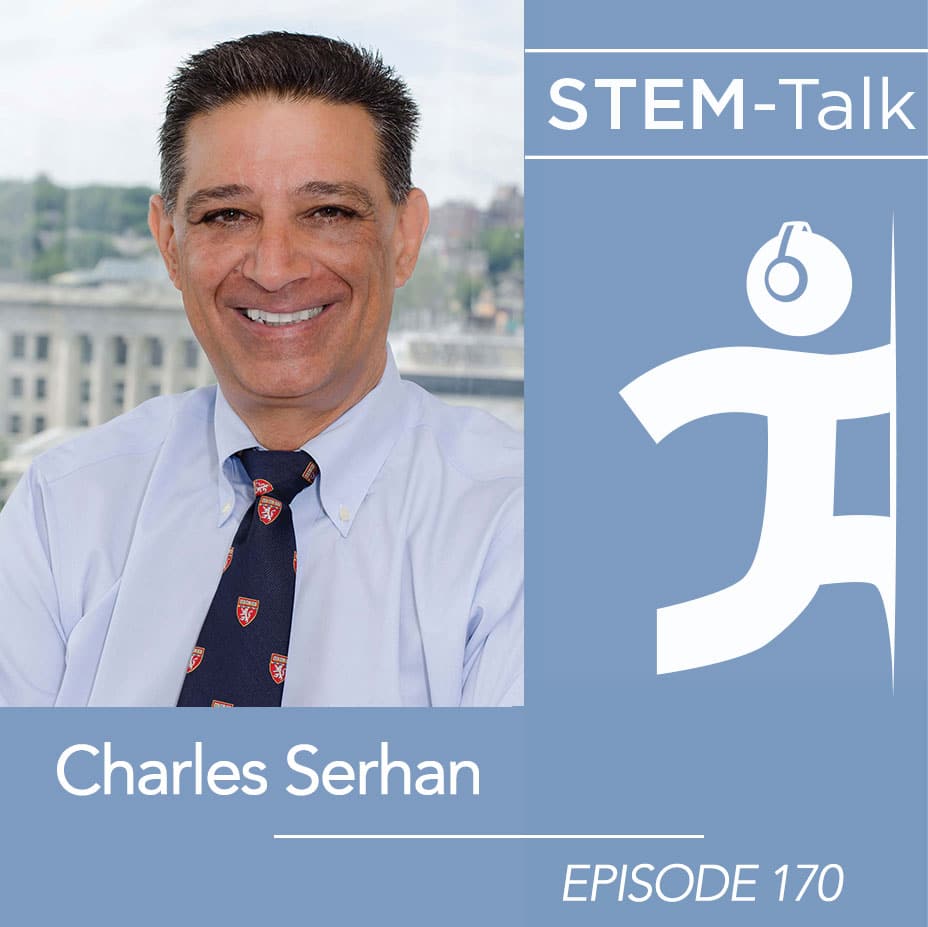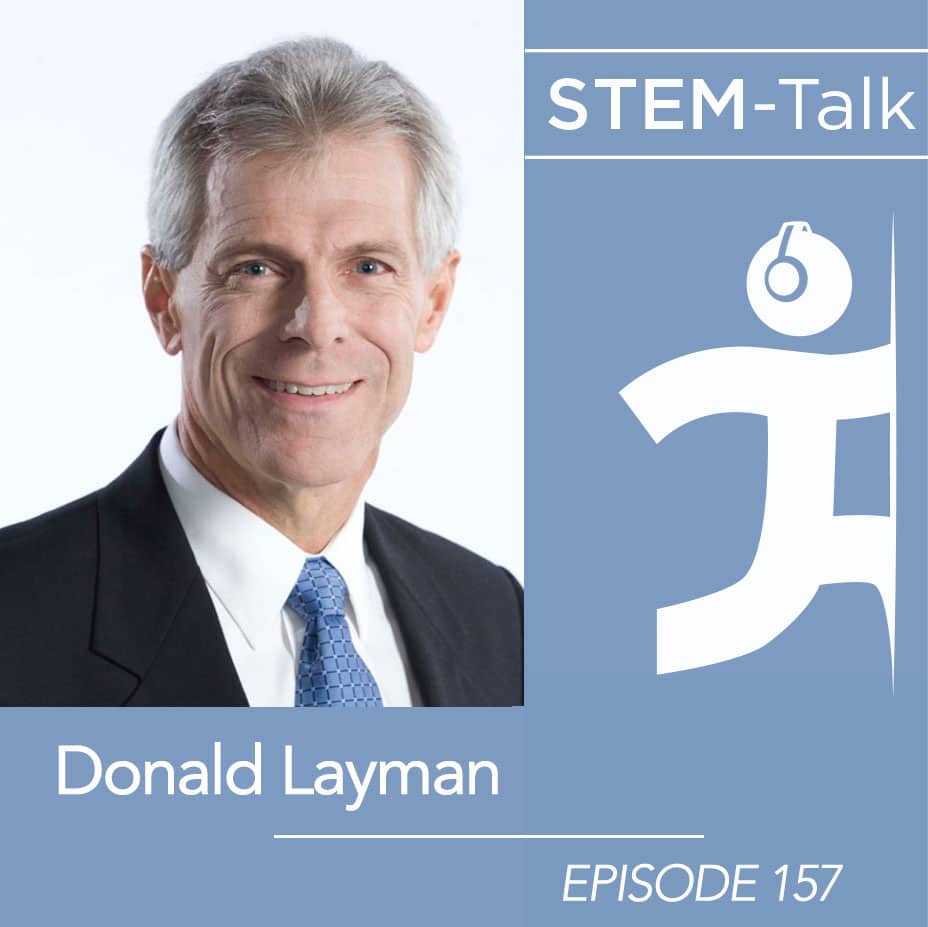Episode 155: Chris McCurdy discusses kratom’s benefits and possible risks
Description
Today we have the world’s foremost authority on kratom returning to STEM-Talk after five years to give us an update on his research. Shortly after his 2018 interview on episode 61, Dr. Christopher McCurdy and his lab at the University of Florida received two major grants from the National Institute of Drug Abuse to investigate the medical efficacy of kratom and its alkaloids, which we discuss in today’s show.
Mitragyna speciosa, or kratom, is an herbal leaf from a tropical evergreen tree in the coffee family. It is native to Southeast Asia where it has been used in herbal medicine for hundreds of years. Kratom has become increasingly popular in the United States and throughout the world for recreational purposes. But kratom is also becoming recognized in the medical and research communities for its treatment for chronic pain as well as its potential to alleviate opioid withdrawal symptoms.
For more than 25 years, McCurdy has studied the design, synthesis, and development of drugs to treat pain, anxiety, and substance-abuse disorders. For the past 15 years, Chris and his lab have turned a lot of their attention toward kratom and its chemical components to better understand its potential to treat a multitude of conditions.
Chris is a professor in the Medicinal Chemistry Department in the College of Pharmacy at the University of Florida. He also is director of the of school’s Translational Drug Development Core and an Associate Dean for Faculty Development.
Our interview with Chris comes on the heels of Florida passing the Kratom Consumer Protection Act, which mandates that kratom products sold in the state meet a high standard of product purity. In today’s interview, we talk to Chris about the protection act as well as:
— The numerous studies he has been able to conduct thanks to his lab’s two grants from the National Institute of Drug Abuse.
— The disparity between the traditional use of kratom and the new often highly concentrated manufactured products sold in the U.S.
— His lab’s study examining the effects of lyophilized kratom tea and its ability to alleviate withdrawal symptoms of opioid-dependence.
— The potential of kratom alkaloids to serve as treatment of various substance abuse disorders.
— The benefits and risks associated with CBD usage.
Show notes
[00:03:21 ] Dawn opens the interview welcoming Chris back to STEM-Talk and mentions that his last appearance was episode 61 in 2018. Dawn explains that Chris has devoted much of his research to kratom, or Mitragyna speciosa, which is a traditional Southeast Asian medicine. It has been used by indigenous populations for centuries to increase endurance, enhance mood, treat pain, and mitigate opioid withdrawal symptoms. Dawn asks Chris to give a short overview of kratom and why it is attracting so much attention recently.
[00:09:14 ] Ken mentions that at the time Chris first appeared on STEM-Talk, he was in the process of attracting funding to take a deep dive into kratom, which he has now secured from the National Institute of Drug Abuse. Ken asks Chris to give a general overview of the research they are conducting with this grant and what they are finding.
[00:15:19 ] Dawn mentions that in Chris’s last interview on STEM-Talk, he mentioned that researching kratom was difficult due to a lack of standardization and asks if this has changed.
[00:21:11 ] Ken asks about a Thai product that is a freeze-dried leaf, which is coming to the US market, and if this product is more like what is used in Southeast Asia as opposed to the ground leaf material available in the U.S. market.
[00:24:29 ] Dawn mentions that in 2020, Chris and a colleague published an article in the journal Current Opinion in Psychiatry on the need to address the disparity between the traditional use of kratom and the new often highly concentrated manufactured products sold in the U.S. and other countries. Dawn asks Chris to talk about the points made in this article.
[00:32:35 ] Ken follows up on the previous discussion asking how the alkaloid strength and combination may change not only due to the processing of the kratom leaf material, but also as a factor of time.
[00:36:33 ] Dawn asks about a paper that Chris and his colleagues published in the journal Addiction Biology, which reported on research conducted with rats and looked at two of the major psychoactive constituents of kratom: mitragynine and 7-hydroxymitragynine, with an eye toward understanding their potential therapeutic value as well as their abuse potential.
[00:44:12 ] Ken mentions that in November of 2020, Chris and his team published an article reporting on research examining the effects of lyophilized kratom tea with an eye toward determining if kratom alleviated withdrawal symptoms of opioid-dependence. Ken asks about the findings of this study.
[00:50:21 ] Ken asks Chris what the difference is between the lyophilized kratom tea and other preparations.
[00:54:20 ] Dawn mentions an article that Chris published in January and was tagged by the International Association of Pain Management as its paper of the week. Dawn explains that the paper addressed the potential of kratom alkaloids to serve as treatment of various substance abuse disorders. These alkaloids may serve as a blueprint for the development of novel therapies to treat these disorders. Dawn asks Chris to summarize this paper and its findings.
[00:58:51 ] Dawn shifts the conversation to talk about CBD and explains that the FDA has said that further research needs to be done to determine how much CBD can be consumed before harm is caused. Chris has gone on record saying that we need to balance consumer desire for CBD products with a regulatory framework to ensure safety. Dawn asks Chris about the benefits and risks associated with CBD usage.
[01:07:19 ] Ken asks Chris about a recent bill signed into law called the Florida Kratom Consumer Protection Act, which mandates that kratom products sold in Florida meet a very high standard of product purity. It also establishes labeling requirements and limits sales to consumers aged 21 and older. Ken asks Chris to talk about this legislation and why he was in favor of it.
[01:13:13 ] Dawn closes the interview mentioning that Chris has certainly had a lot on his plate over the past five years. She asks what he foresees for his research over the next five years.
Links:


